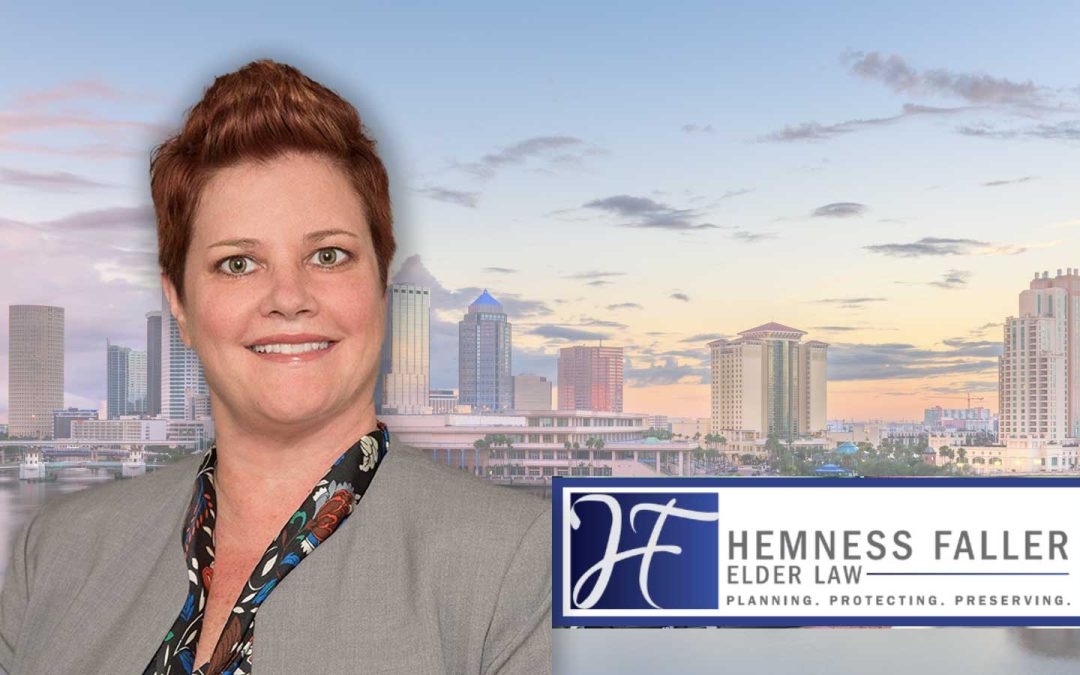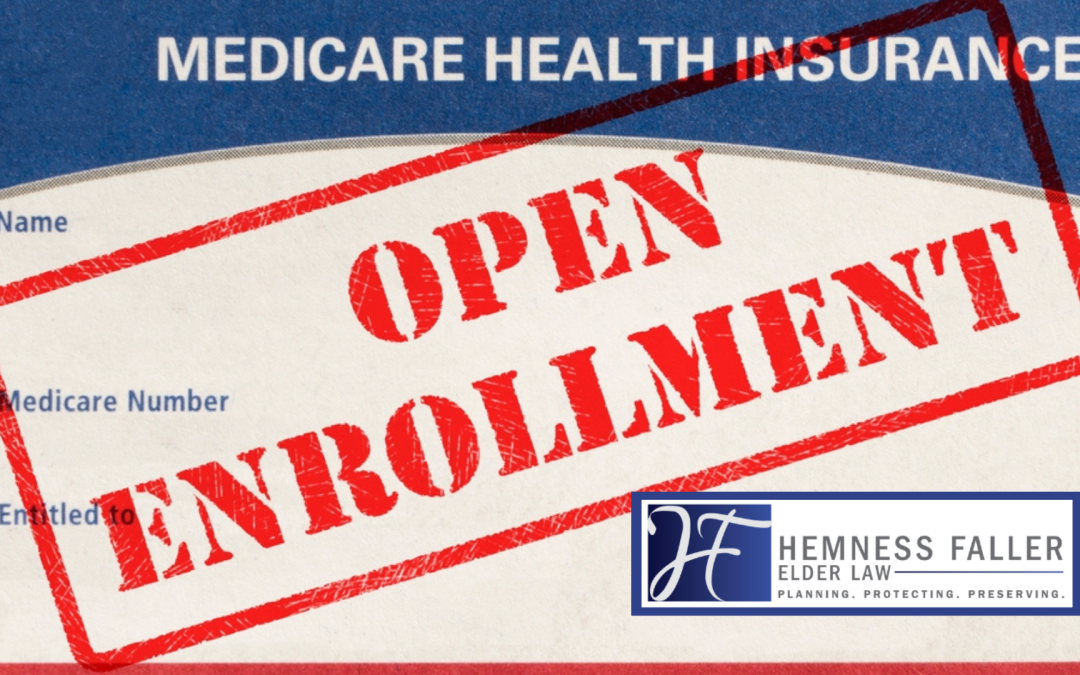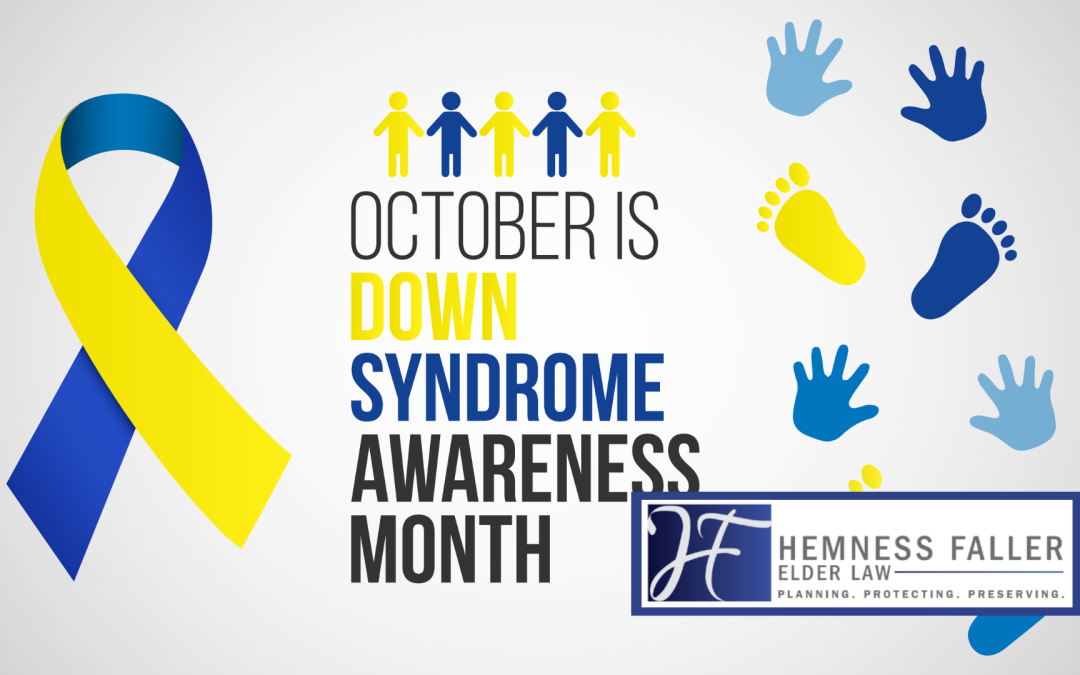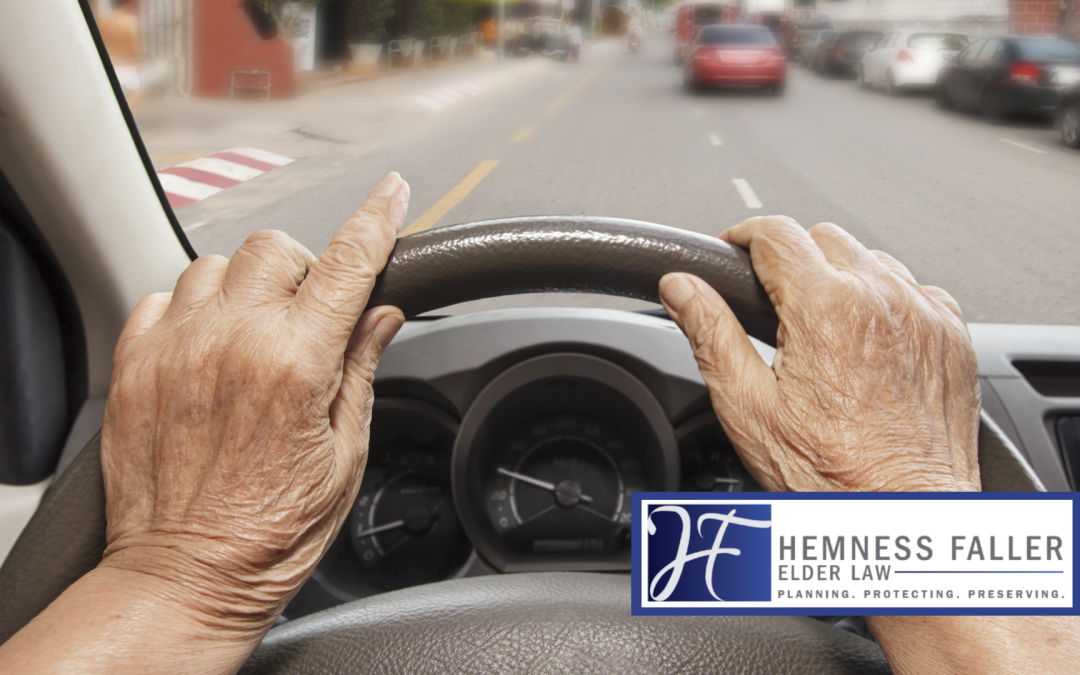Many low-income seniors have no idea at least 3 different programs exist which allow seniors to get back an extra $100 in cash currently being deducted from their monthly Social Security checks. These eligible seniors should apply for the Medicare Savings Programs (MSPs), under which the Medicare Part B premium ($104.90) is never deducted from their social security check. This means that over $100 more per month could be available to these seniors to spend on other necessities.
Here are the 3 main programs supported through the State of Florida which assists low-income seniors. The program available to the senior depends upon the amount of income the seniors receives and the amount of countable assets the senior has. For married couples, there’s are also certain levels of income and assets to be met in order to take advantage of one of these 3 programs.
The Qualified Medicare Beneficiary (QMB) program provides the most benefit to eligible low-income seniors. It helps reimburse seniors for the Medicare Part B premium of $104.90, but it also covers any Medicare Part A premiums, and deductibles, coinsurance and copayments. A single senior would be eligible if his/her monthly income was less than $1010 per month. For married seniors, the benefits are available if the combined income is less than $1355 per month. Although the amount of assets must be under a specific level, the value of a home and a car will not be counted. Countable assets (like money in the bank) should be less than $7280 for a single senior. For married seniors, the countable assets should be less than $10,930.
Another program is known as the Specified Low-Income Medicare Beneficiary (SLMB) program. If a senior is not eligible for QMB, he/she may be eligible for SLMB. The SLMB program will back the Part B premium of $104.90 to the senior in his/her social security check monthly. A single senior should have income less than $1208 per month and married seniors should have less than $1622 combined monthly income. The countable assets for a senior and for a married couple is the same level as for the QMB program, $7280 and $10,930, respectively (excluding the value of the home and the car).
Yet another program is known as the Qualifying Individual (QI) program. If a senior is not eligible for either QMB or SLMB, this program may still benefit a senior or a married couple by giving them back $104.90 monthly which is currently deducted for the Part B premium. A single senior should have income less than $1357 per month and married seniors should have less than $1823 combined monthly income. The countable assets for a senior and for a married couple is the same level as for the QMB program, $7280 and $10,930, respectively (excluding the value of the home and the car).
How does a senior apply for any one of these programs? First, answer these 3 questions:
-
Do you have, or are you eligible for, Part A?
-
Is your income for 2016 at, or below, the income limits above?
-
Do you have limited resources, below the limits above?
If you answered “yes” to these 3 questions, here’s your next step.
Because this program is supported through the State of Florida, a senior applies through the Florida Medicaid ACCESS portal. It can be accessed by visiting:
www.myflorida.com/accessflorida/
If you need assistance with applying for any of these programs, then contact your local Area Agency on Aging by calling 1-800-96-ELDER. It’s important to call or fill out an application if you think you could qualify for savings—even if your income or resources are higher than the amounts listed here.
Finally, if you qualify for any of these 3 programs — QMB, SLMB, or QI program — you automatically qualify to get Extra Help paying for Medicare prescription drug coverage. Visit www.medicare.gov for additional documentation you need to have in order to access these benefits.





